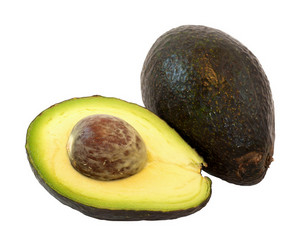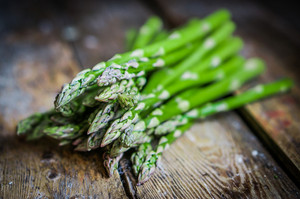Eating Healthy Is Easier Than You Think
Whole foods are more than just the food you eat. They’re the whole picture. The healthiest way to eat is with all the parts of the plant intact, from the leaves to the roots. This type of diet has been around for centuries, but it’s only recently that we’ve begun to understand how important this approach is.
What is a Whole Food Diet?
It’s not a fad diet or a new trend. It’s a long-standing tradition that dates back thousands of years. A whole food diet is based on the premise that nature intended us to eat in this way. When we eat whole foods, we get the full nutritional benefits of the plant, including vitamins, minerals, and antioxidants.
Why We Need to Eat Plants
Plants provide us with many essential nutrients. They give us protein, carbohydrates, fats, and fiber. They also contain phytochemicals, which help protect our bodies against cancer, heart disease, diabetes, and other diseases.
When we eat whole foods, we also get the fiber, minerals, and antioxidants that plants naturally contain. Fiber is very important because it helps keep our digestive system healthy and regular. Fiber also helps prevent constipation, diarrhea, hemorrhoids, and diverticulosis. Minerals are essential for healthy bones and teeth. Antioxidants protect our cells from damage by free radicals.
How Much Whole Food Do You Need?
The American Heart Association recommends that adults eat five to nine servings of fruits and vegetables each day. This includes two to three servings of dark green leafy vegetables, one to two servings of other vegetables, two to four servings of other fruit, and one to two servings of beans and peas. If you eat a lot of meat, you may need to eat even more.

Vegetables are the best sources of fiber. The best vegetable choices are dark green leafy vegetables such as spinach, kale, broccoli, collard greens, and turnip greens. Other vegetables include carrots, tomatoes, and peppers. Vegetable juice is also an excellent source of fiber.
Fruits are also rich in fiber. Some of the best fruits are apples, bananas, oranges, pears, and berries. Vegetable juice is another great way to get fiber.
Fiber is essential for good health, and we don’t get enough fiber in our diets today. Most Americans get less than half the recommended amount of fiber each day. In fact, the average American eats only about 1.5 grams of fiber per day. That’s not nearly enough to satisfy our daily needs.
The Whole Foods Way
We’ve known for years that eating whole foods is better than eating processed foods. But now we know why. Our bodies can use the nutrients found in whole foods. We also get more nutrition when we eat whole foods. And we get a wider variety of nutrients when we eat a wide range of whole foods.
There’s no reason to go hungry while you’re trying to lose weight. If you want to eat healthier, then start by changing what you eat. Eat a variety of whole foods. Try different combinations of foods. Experiment with different cooking methods.
You’ll be amazed at how much more energy you have, how much more vitality you have, and how much better you feel.







